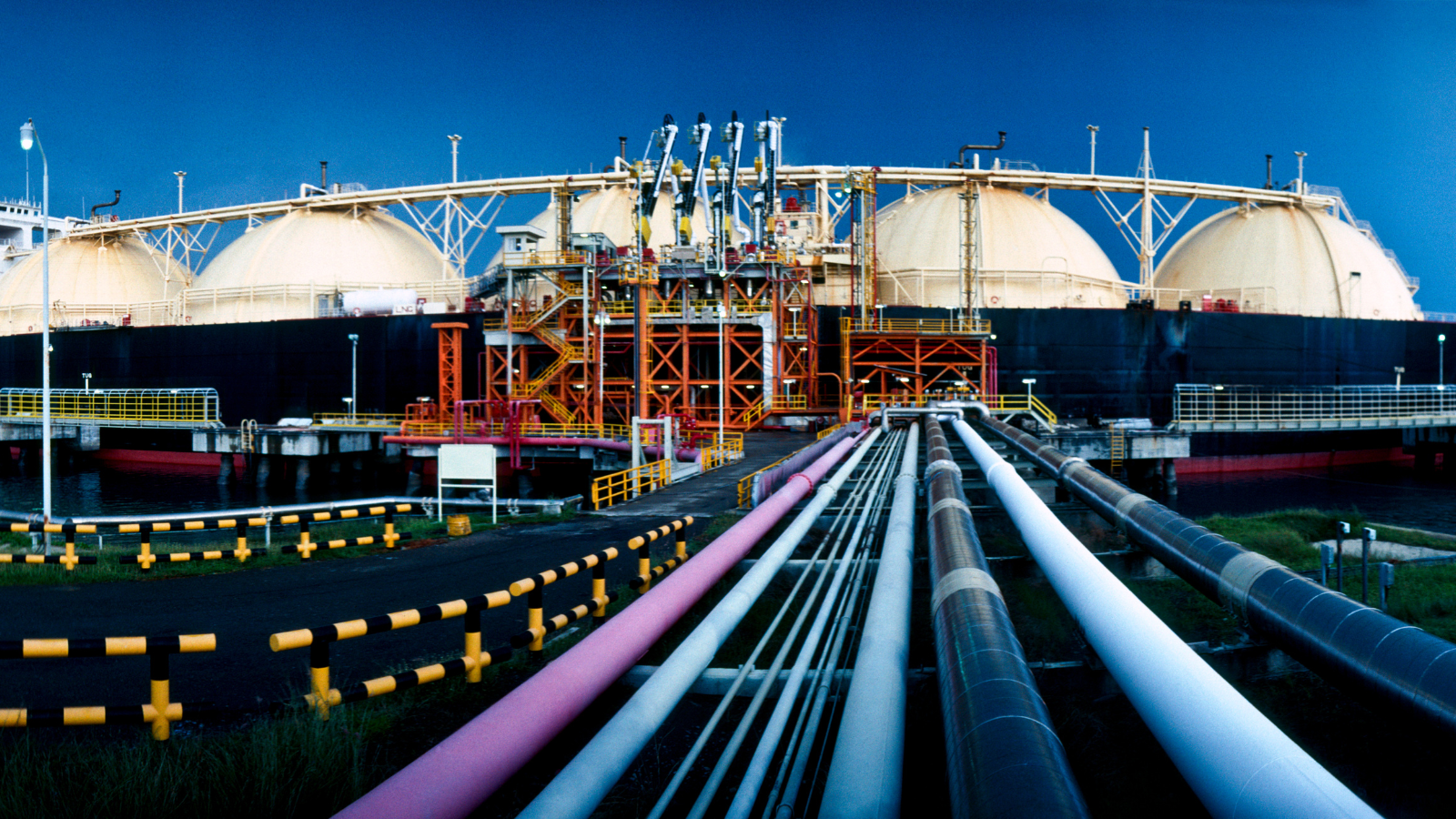U.S. Moves to Ban Russian Uranium Imports
In a bid to further pressure Russia over its war in Ukraine, the U.S. Senate has unanimously passed a bill to prohibit Russian uranium imports. This legislation follows closely behind similar actions against Russian oil and aims to cut off a significant funding stream for Moscow while boosting American uranium production.
The bill, already cleared by the House in December, mandates stopping uranium imports 90 days post-enactment but includes waivers for any domestic supply issues. It also allocates $2.7 billion previously approved to expand the U.S. uranium processing sector. Notably, U.S. nuclear facilities sourced about 12% of their uranium from Russia last year.
Senator John Barrasso from Wyoming highlighted that Wyoming has ample uranium reserves ready to replace Russian imports, viewing this as a dual opportunity to diminish Russia’s war capabilities and rejuvenate the American uranium industry. He emphasized the bipartisan nature of the legislation aimed at securing a long-term, adversary-free nuclear fuel supply chain for the U.S.
With President Biden expected to sign the bill into law soon, this move signals a strategic shift towards establishing a more secure and domestically reliant nuclear fuel supply chain.
Read more at Reuters
Why This Matters:
If you're in the transportation and logistics field, this move by the U.S. to ban Russian uranium imports definitely warrants your attention. Why? Well, first off, it’s going to shake up the supply chain dynamics for the nuclear energy sector. With a significant chunk of uranium previously sourced from Russia, U.S. nuclear plants will need to pivot quickly to alternative sources. This means there could be a ramp-up in logistics demand within the U.S., particularly around areas like Wyoming which are poised to increase uranium production.
Also, this isn’t just about moving material from point A to B. It's about securing a supply chain that’s less dependent on foreign, especially adversarial, sources. This shift could lead to broader strategic changes in how and where the U.S. sources critical materials, potentially leading to more investments in domestic mining and processing facilities. For anyone in logistics, this spells new opportunities—and possibly challenges—in how transport networks are designed and operated.
Our Take:
This could be the start of a trend where the U.S. takes more aggressive steps to "reshore" critical supply chains. If you’re planning strategies in logistics, keeping an eye on policies that encourage or mandate domestic production could give you a heads-up on future shifts. Basically, we might be looking at a more localized, but robust, supply chain environment.









Wealthy American families are increasingly obtaining second, or even multiple, citizenships and residences, a trend highlighted by Henley & Partners, a law firm specializing in high-net-worth citizenships.